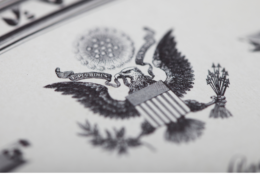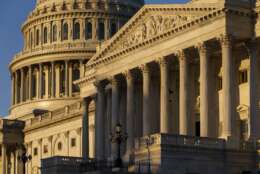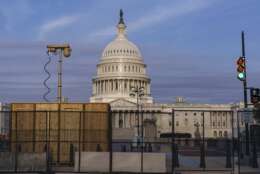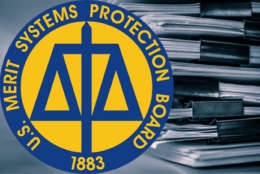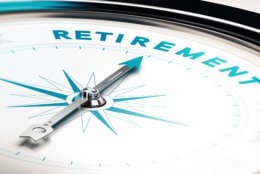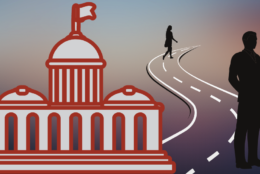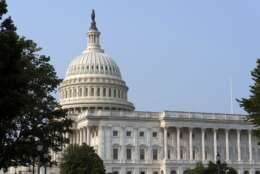Federal Report
-
Thousands and thousands of words in two important executive orders fail to add up to clarity.
October 01, 2021 -
When the COVID pandemic hit, many predicted that premiums in the giant federal employee health benefits program would skyrocket.
September 30, 2021 -
Most federal workers have college degrees. Most Americans don’t. While that doesn’t automatically mean anything, it’s something to consider when taking stock of your cash value.
September 29, 2021 -
One of the big differences between government and the private sector is the field of labor relations. In industry, it is usually disgruntled workers who go out on strike.
September 28, 2021 -
The government shutdown deadline is right around the corner. The good news? Congress has learned a few things from the last shutdown, bringing the tiniest bit of certainty to feds with their back pay and health insurance the next time it happens again.
September 27, 2021 -
The long-running vacancies at the Merit Systems Protection Board qualifies as a scandal.
September 24, 2021 -
While members of Congress and the White House are using the threat of a shutdown to win a budgetary or political victory, the pawns are you.
September 23, 2021 -
Have your career plans changed some, a lot or completely since the COVID pandemic? Has the retirement tsunami, first predicted in the 1990s, actually started?
September 22, 2021 -
Currently, most feds in retirement left under the CSRS program so they get full COLAs. But the overwhelming majority of people working for Uncle Sam now are under the FERS program.
September 21, 2021 -
Employees and contractors are entering uncharted territory with the new federal vaccine mandate, bringing anxiety to some who wonder whether it'll prompt firings, retirements and departures for the resistant.
September 20, 2021 -
For contractors and feds alike, the waiting for final COVID rules and protocols is as bad as what the rules might be.
September 17, 2021 -
Time, especially for federal workers under the Federal Employees Retirement System (FERS), can be on your side. If you plan wisely and begin early.
September 16, 2021 -
What’s a TSP investor do? Plan ahead and don’t panic is what most of the pros say. But knowing what you should do during the next stock market crash and doing it are two very different things.
September 15, 2021 -
The Senate returns to Capitol Hill this week with a mountain of work, and less than three weeks to prevent a government shutdown.
September 13, 2021 -
9/11 more than anything accelerated changes that had been in motion for some time, even decades.
September 10, 2021

